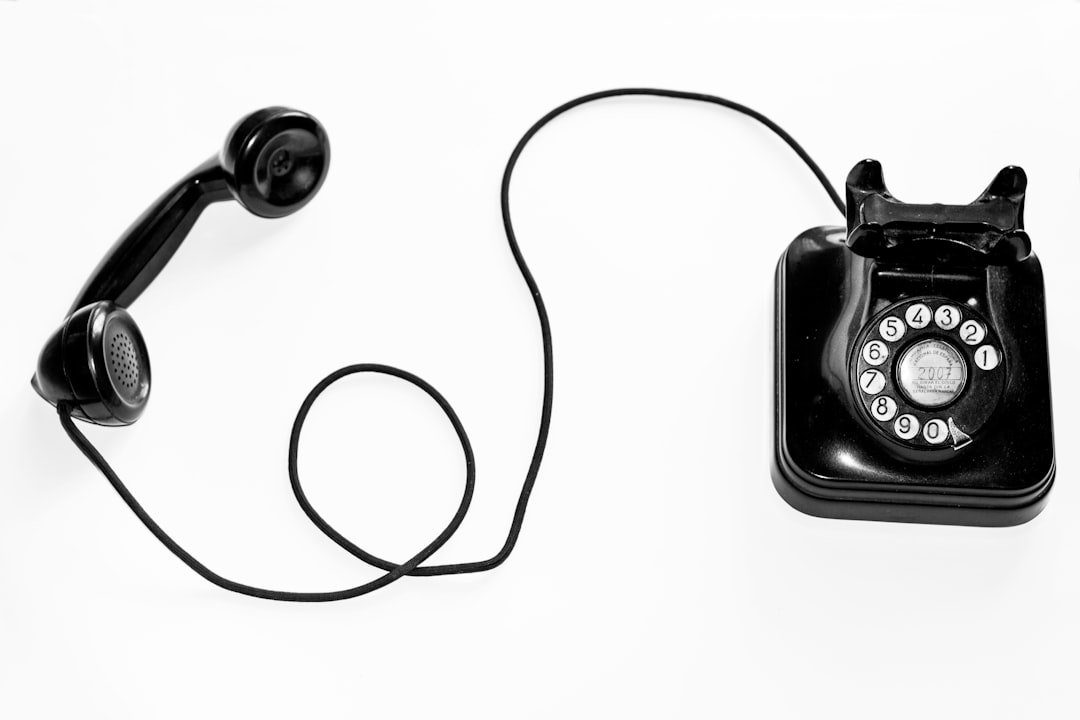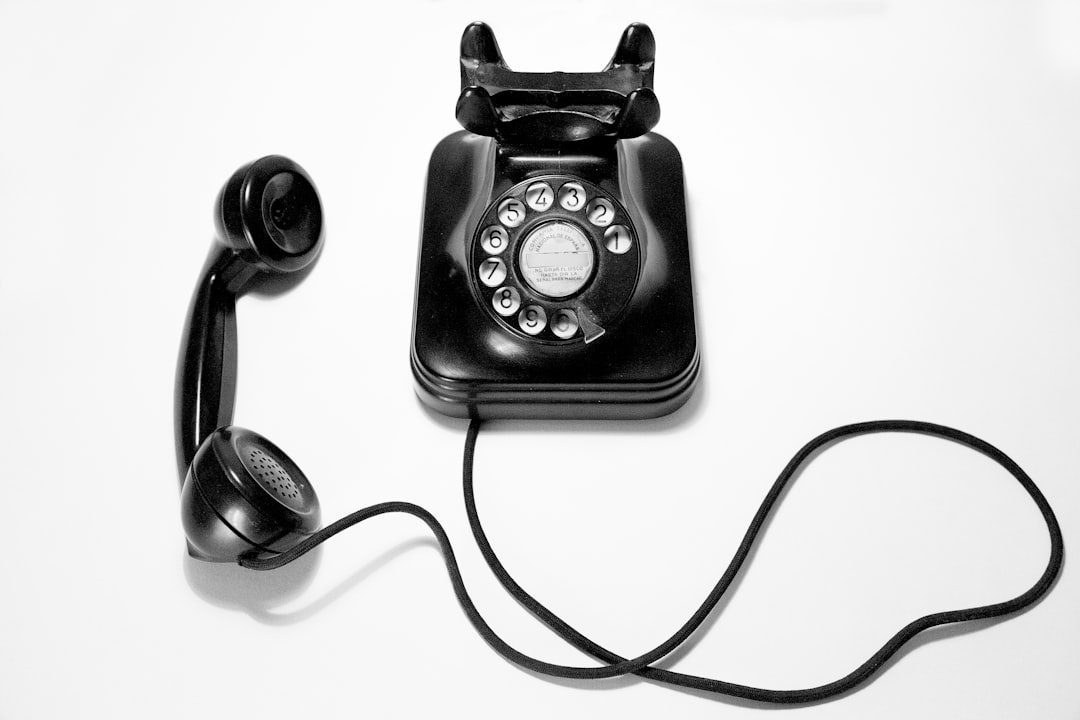Minnesotans are facing a surge in spam calls, prompting a growing demand for legal expertise from spam call lawyers and attorneys. With billions of unwanted robocalls daily, residents turn to specialized spam call law firms for guidance. Distinguishing legitimate communication from spam is crucial as these practices often violate privacy rights. Consulting with professionals focusing on anti-spam legislation can protect individuals from harassment. In Minnesota, legal protections exist against unwanted calls, and seeking advice from a spam call lawyer, attorney, or law firm can help explore legal recourse under the Telephone Consumer Protection Act (TCPA).
In today’s digital age, Cold Spring residents are increasingly facing a nuisance from unwanted robocalls, many of which are classified as spam. With the rise of automated telecommunications, distinguishing legitimate business calls from intrusive spam has become more challenging. This article explores the growing concern of spam calls in Minnesota, delving into their legal definitions, and providing strategies to protect your rights as well as effective deterrents. If you’re dealing with excessive spam call invasions, consider consulting a spam call lawyer in Minnesota for guidance.
The Prevalence of Spam Calls: A Growing Concern for Minnesota Residents
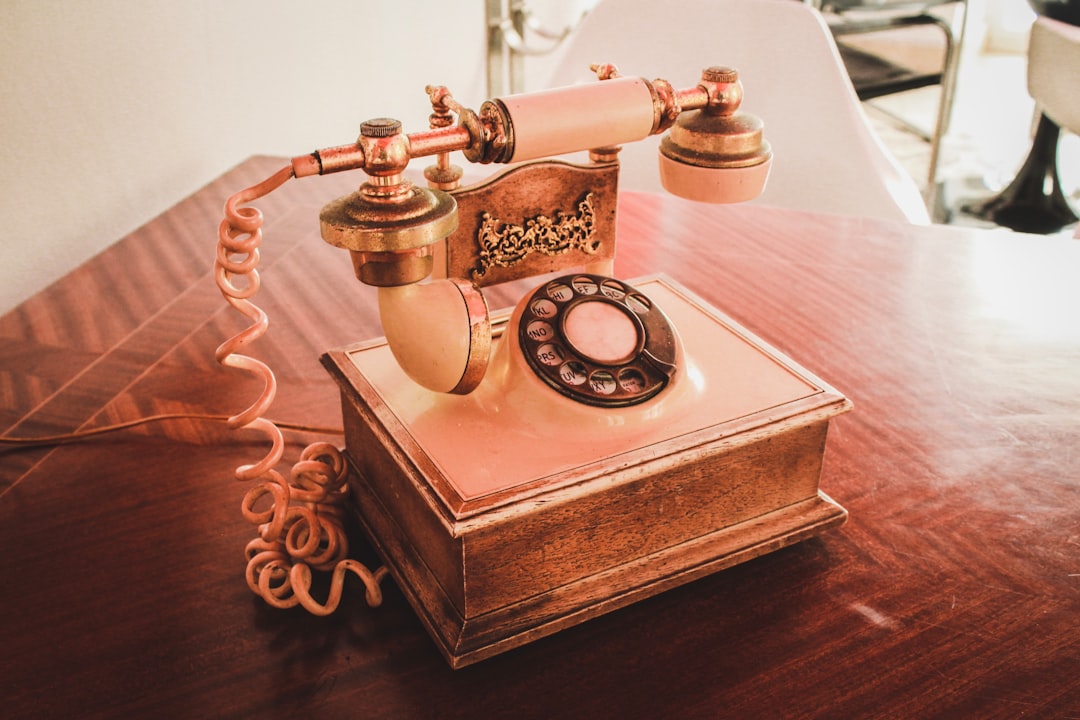
In recent years, the rise in spam calls has become a significant nuisance and growing concern for residents across Minnesota. With an estimated billions of unwanted robocalls flooding phone lines daily, individuals and families are left frustrated and concerned about their privacy. These spam calls, often disguised as legitimate business or government communications, have led many Minnesotans to seek legal advice from spam call lawyers and spam call attorneys in the state.
Minnesota residents find themselves at the receiving end of various forms of telemarketing scams, leaving many to wonder about their rights and options. As a result, there is an increasing demand for reputable spam call law firms in Minnesota that can offer guidance and representation to those affected by these intrusive and often illegal practices. Understanding the distinction between legitimate communication and spam calls is crucial, and seeking expert legal assistance from professionals specializing in this area can help residents navigate their rights and protect themselves from further harassment.
Understanding Legitimate Business Calls vs. Spam

In today’s digital era, many Cold Spring residents find themselves receiving calls from unknown numbers, often labeled as “spam” or “unwanted.” While some of these calls may be legitimate business attempts to reach potential customers, others are indeed spam designed to manipulate and harass. The distinction between a genuine business call and a spam call is crucial for consumers’ peace of mind and legal protection.
A legitimate business call from a spam call lawyer Minnesota or spam call attorney Minnesota typically conveys a clear purpose related to services or products offered. Reputable businesses often have valid reasons for contacting individuals, such as marketing promotions, survey research, or customer service inquiries. In contrast, spam calls often use deceptive practices, like pretending to be from a known organization or using automated dialing systems to deliver unsolicited messages. A spam call law firm Minnesota may even threaten legal action or demand immediate payment, which are red flags indicating potential fraudulent activity. Engaging with such calls can lead to privacy invasions and financial losses, encouraging residents to take proactive measures by seeking advice from spam call lawyers Minnesota or spam call attorneys Minnesota to understand their rights and options for legal recourse.
What Constitutes a Spam Call? Legal Definition and Examples
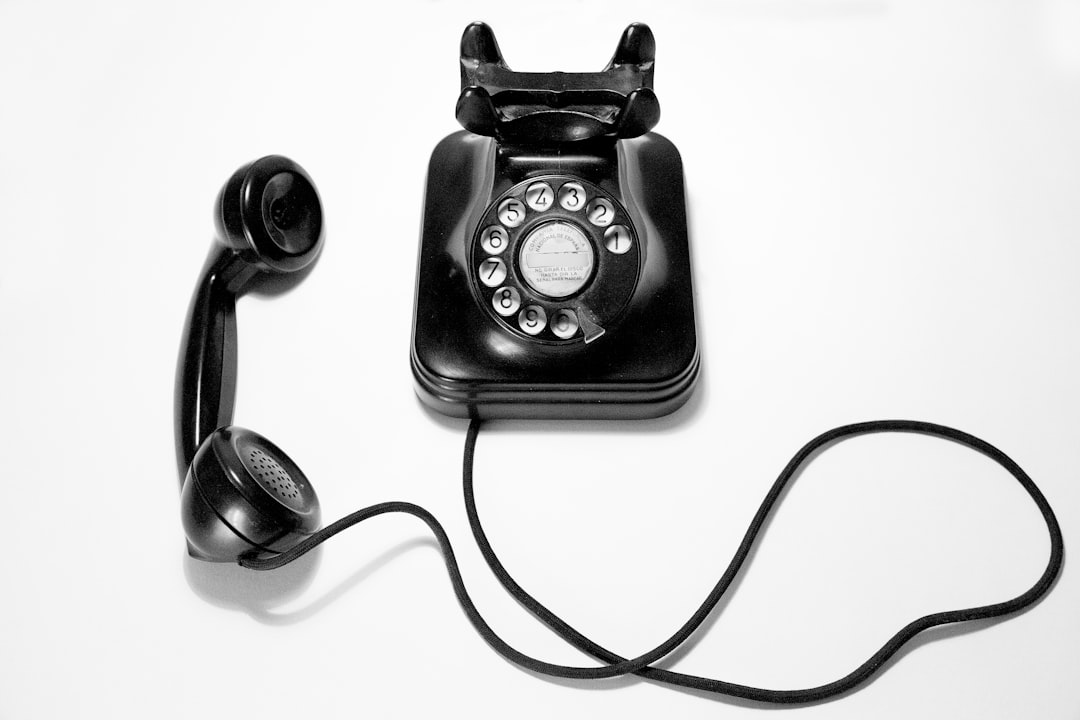
In the digital age, residents of Cold Spring and across Minnesota are increasingly bombarded with automated calls, or robocalls, from unknown numbers. While some of these calls offer valuable services or information, others are nothing more than intrusive spam designed to disrupt daily life and collect personal data.
A “spam call,” as defined by legal experts at leading spam call law firms in Minnesota, is an unwanted, automated telephone call that uses prerecorded messages or artificial voices to deliver unsolicited marketing material or requests for personal information. These calls often target consumers en masse and can include pre-recorded sales pitches for products, services, or even fraudulent schemes. Examples of spam calls include those from unknown sources promoting low-interest loans, free trials to subscription services, or warnings about potential legal issues—all delivered without the recipient’s explicit consent. For Cold Spring residents seeking recourse against these nuisance calls, consulting with a spam call lawyer Minnesota or a reputable spam call attorney Minnesota is advisable to understand their rights and available options under current spam call laws in Minnesota.
Protecting Your Rights: Legal Recourse Against Spam Call Invasions
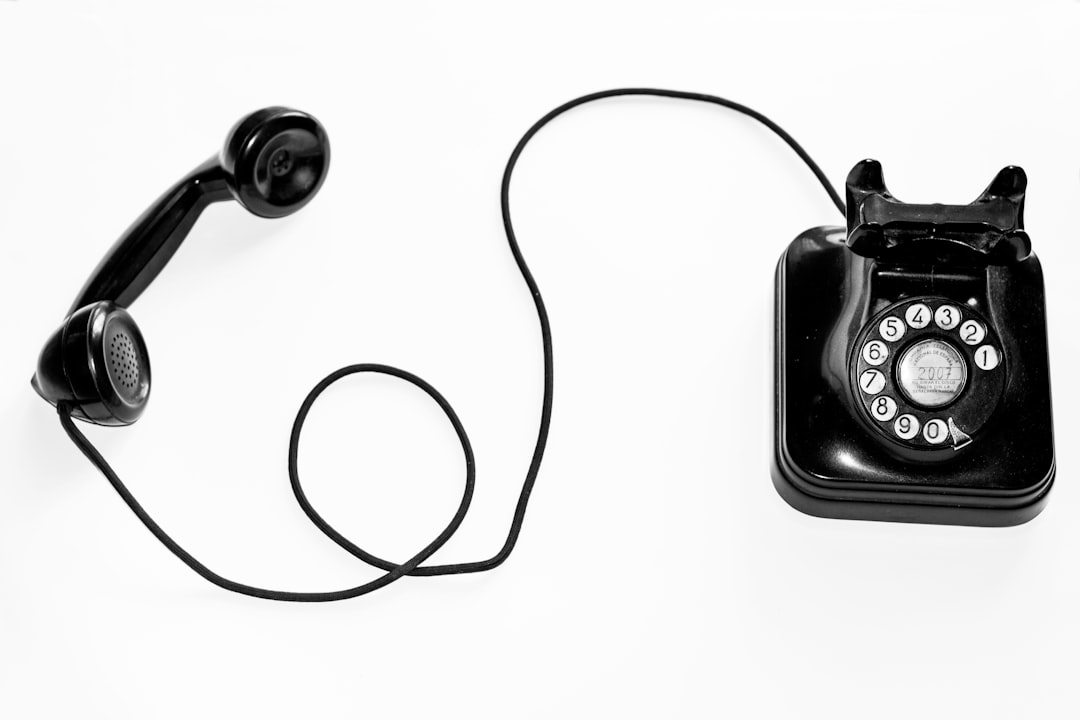
In Minnesota, as in many states, there are laws in place to protect residents from unwanted and invasive spam calls. If you’ve been a victim of persistent or harassing robocalls, knowing your rights is the first step towards taking action. A spam call lawyer Minnesota can provide guidance on legal options available to hold perpetrators accountable.
Minnesota’s Attorney General’s Office offers resources and advice for consumers facing spam call invasions. There are also specific laws, like the Telephone Consumer Protection Act (TCPA), which restrict automated telephone marketing practices and provide a framework for financial compensation if your rights have been violated. Consulting with a spam call attorney Minnesota or a reputable spam call law firm Minnesota can help you understand these laws and explore potential legal recourse.
Top Strategies to Stop and Deter Spam Calls in Cold Spring, MN

In Cold Spring, MN, residents can take several proactive steps to stop and deter spam calls. Firstly, consider registering your number on the National Do Not Call Registry. This federal list restricts telemarketers from calling numbers listed on it. Secondly, install a call-blocking app or hardware filter that can recognize and automatically block known spam call patterns and numbers.
Additionally, staying informed about current spamming tactics is vital. Keep an eye out for suspicious calls and report them to your service provider. Using a spam call lawyer Minnesota, spam call attorney Minnesota, or consulting with a reputable spam call law firm Minnesota can also help in identifying and pursuing legal action against persistent spammers. These measures, when combined, create a robust defense against unwanted spam calls, ensuring residents of Cold Spring enjoy a quieter, safer communication environment.


